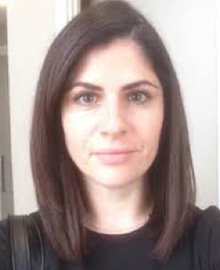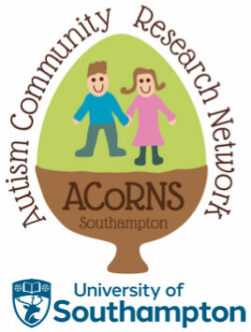Sarah Parsons, Hanna Kovshoff, Kathryn Ivil, Gareth Shaw, Efstathia Karakosta.






Young children with autism are amongst the most scrutinised and assessed in their everyday lives, often leading to characterisations and descriptions that focus on their difficulties (commonly termed ‘deficits’) and challenges rather than on their abilities, strengths and positive experiences. Consequently, much discussion about children with autism tends to forget that they are children first. While research has considered the transitions of children with autism from primary to secondary school, and from secondary to post-compulsory contexts, there is almost no research focusing on transitions for young children with autism from nursery to primary schools. There is also very limited representation of their voices and experiences being explored, promoted, and valued directly as evidence in their own right.
This project will capture, through digital storytelling, the experiences and perspectives of young children with autism (aged 4-5 years), and their families, as the children prepare to make the transition from nursery to primary school. The setting, Aviary Nursery, is an inclusive nursery school in Eastleigh, Hampshire that prioritises children’s play, interests, friendships, and different ways of communicating and interacting with each other. This project, funded by the Froebel Trust, runs from March to January 2019, and will follow 4-6 children during the months before their transition. Children’s voices and views are at the centre of the research through highlighting their unique trajectories via individual digital stories.
The stories will illustrate both the positive experiences and the challenges that children and their families face as well as model how these challenges are mitigated by school-based processes. The digital stories are important in terms of their co-creation with teachers and families, giving validation and voice to diverse experiences and views. The stories will also be used in a novel way as a tool for facilitating the transition by introducing the primary school to the child as a child, rather than as a paper-based description of needs and difficulties. You can view the project website here.
